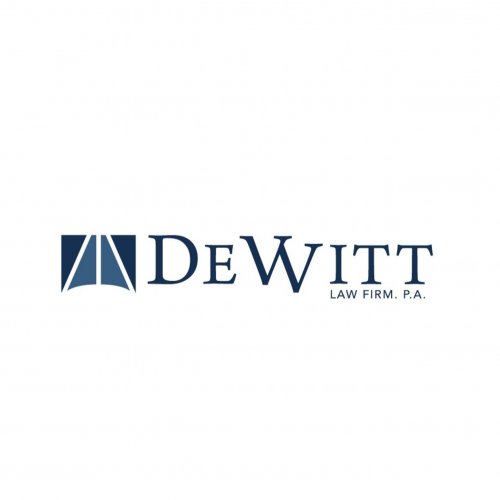Best Work Injury Lawyers in Orlando
Share your needs with us, get contacted by law firms.
Free. Takes 2 min.
List of the best lawyers in Orlando, United States
About Work Injury Law in Orlando, United States
Work Injury Law in Orlando, United States focuses on protecting the rights of workers who have suffered injuries or illnesses in the workplace. The law ensures that employers provide a safe working environment and that injured workers receive proper medical treatment and compensation for their losses.
Why You May Need a Lawyer
There are several situations where seeking legal help in Work Injury cases may be necessary:
- If your employer denies your claim or fails to provide the appropriate benefits
- If your injury was caused by a third party, such as a subcontractor or equipment manufacturer
- If your employer retaliates against you for filing a claim
- If your injury causes long-term disability or requires extensive medical treatment
- If you believe your employer's negligence contributed to your injury
Local Laws Overview
Work Injury laws in Orlando, United States are primarily governed by the Florida Workers' Compensation Act. Under this Act, most employers are required to provide workers' compensation insurance to cover medical expenses, lost wages, and other benefits for injured workers.
It's important to note that Florida follows a "no-fault" system, meaning that employees generally do not need to prove their employer's negligence to receive compensation. However, there are certain restrictions and limitations that may apply, depending on the circumstances of the injury.
Frequently Asked Questions
1. Can I sue my employer for a work-related injury in Orlando?
In most cases, you cannot sue your employer directly for a work-related injury. However, you may be eligible for workers' compensation benefits, regardless of fault. If a third party (other than your employer) was responsible for your injury, you may be able to pursue a separate personal injury claim against them.
2. What types of injuries are covered by workers' compensation?
Workers' compensation generally covers any injuries or illnesses that arise out of and in the course of employment. This includes physical injuries, occupational diseases, repetitive stress injuries, and psychological conditions caused by work-related stress.
3. How long do I have to report a work-related injury?
In Florida, you should report your work-related injury to your employer as soon as possible. Ideally, you should report it within 30 days of the incident or discovery of an occupational disease. Failing to report within the designated timeframe may jeopardize your ability to receive workers' compensation benefits.
4. What benefits am I entitled to if I'm injured at work?
Workers' compensation benefits typically include coverage for medical expenses, a portion of lost wages, temporary or permanent disability benefits, vocational rehabilitation, and death benefits for dependents in the event of a fatal work-related accident.
5. Can my employer fire me for filing a workers' compensation claim?
No, your employer cannot legally retaliate against you for filing a workers' compensation claim. If you believe you were terminated as a result of filing a claim, you may have grounds for a separate legal action for wrongful termination.
Additional Resources
- Florida Division of Workers' Compensation: https://www.myfloridacfo.com/division/wc/
- Florida Bar Association: https://www.floridabar.org/public/consumer/hiringsomeone/
- Occupational Safety and Health Administration (OSHA): https://www.osha.gov/
Next Steps
If you require legal assistance for a work injury in Orlando, it is advisable to consult with an experienced Work Injury lawyer. They can evaluate your case, guide you through the legal process, and help you secure the compensation you deserve. Research local law firms specializing in work injury cases, schedule consultations, and choose an attorney who best meets your needs.
Lawzana helps you find the best lawyers and law firms in Orlando through a curated and pre-screened list of qualified legal professionals. Our platform offers rankings and detailed profiles of attorneys and law firms, allowing you to compare based on practice areas, including Work Injury, experience, and client feedback.
Each profile includes a description of the firm's areas of practice, client reviews, team members and partners, year of establishment, spoken languages, office locations, contact information, social media presence, and any published articles or resources. Most firms on our platform speak English and are experienced in both local and international legal matters.
Get a quote from top-rated law firms in Orlando, United States — quickly, securely, and without unnecessary hassle.
Disclaimer:
The information provided on this page is for general informational purposes only and does not constitute legal advice. While we strive to ensure the accuracy and relevance of the content, legal information may change over time, and interpretations of the law can vary. You should always consult with a qualified legal professional for advice specific to your situation.
We disclaim all liability for actions taken or not taken based on the content of this page. If you believe any information is incorrect or outdated, please contact us, and we will review and update it where appropriate.










